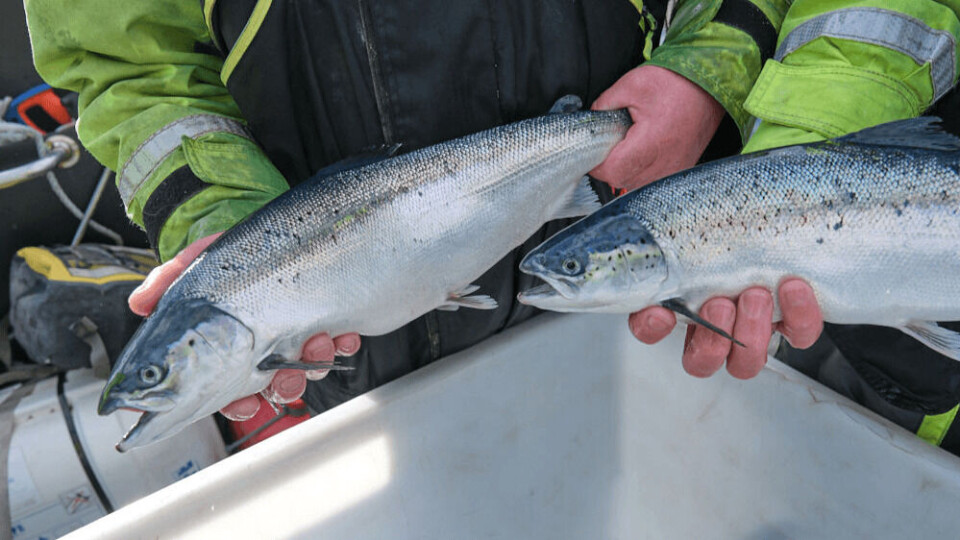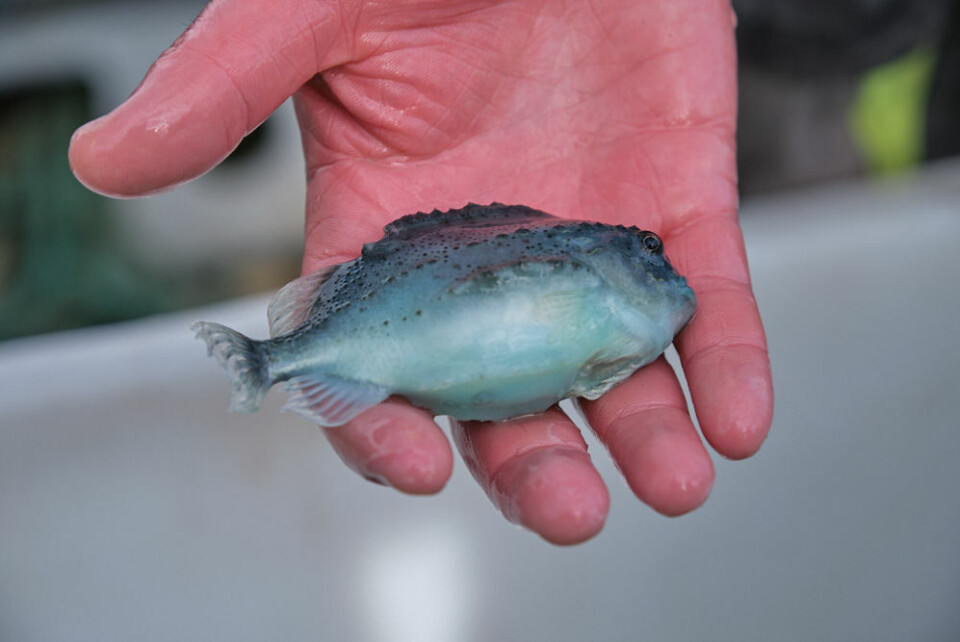
Cleaner fish key to better salmon health in Scottish farms, says Mowi
A significant increase in cleaner fish from Mowi’s hatcheries on Anglesey in Wales played a pivotal role in improving salmon health and tackling disease at its Scottish salmon farms in the latter part of 2020, the company told Fish Farming Expert.
In its report for the fourth quarter of 2020 last week, Mowi reported that biology had in general improved in the period, with a notable reduction in sites positive for pancreas disease and cardiomyopathy syndrome. Additionally, the combination of vaccination and reduced mechanical treatments resulted in much lower levels of the bacterial disease Pasteurella Skyensis.
Asked if the reduction in mechanical delousing was due to the leeway in the use of medicinal treatments granted by the Scottish Environment Protection Agency (SEPA) because of Covid-19, a Mowi spokesperson said that like much of the industry the company had made “limited and judicious” use of both the biomass and medicines allowances.

Significant improvements
“Mechanical treatments in 2020 have been reduced through increases in preventative lice control such as sea lice barrier skirts, used at the surface around the pens, but also from a significant increase in cleaner fish emanating from our recirculation operations in Wales,” said the spokesperson.
“For both lumpsucker and Ballan wrasse the team in Anglesey has delivered very good results in the form of more fish and significant health and quality improvements; our farming operations have benefited from their success, through increased deployment and sea lice control.
“This in turn has led to reduced mechanical intervention with our salmon and consequent growth and survival improvements, seen in the second half of 2020.”
Targeted vaccine
Mechanical treatments necessitate crowding salmon in their pen and sucking them through a pipe on to a boat where they are sprayed with cold or warm water to remove lice before they are returned to their cages. The use of gentler pumps and vessels with a lower freeboard has reduced the adverse impact of such treatments on the fish but the stress of the operation and a need to stop feeding fish before treatment mean they can be left temporarily weakened and more vulnerable to disease.
Mowi has been involved in the development of a vaccine for Pasteurella Skyensis, a disease first discovered in 2002 among salmon in the Skye area.
The Mowi spokesperson said: “More than ever we are tuned into the benefits and power of vaccines and the Pasteurella vaccine is proving successful in our operations. As an autogenous vaccine it was developed quickly in a time of high need and we have targeted its use on sites which experience the bacterial challenge in 2019/20.”






















































